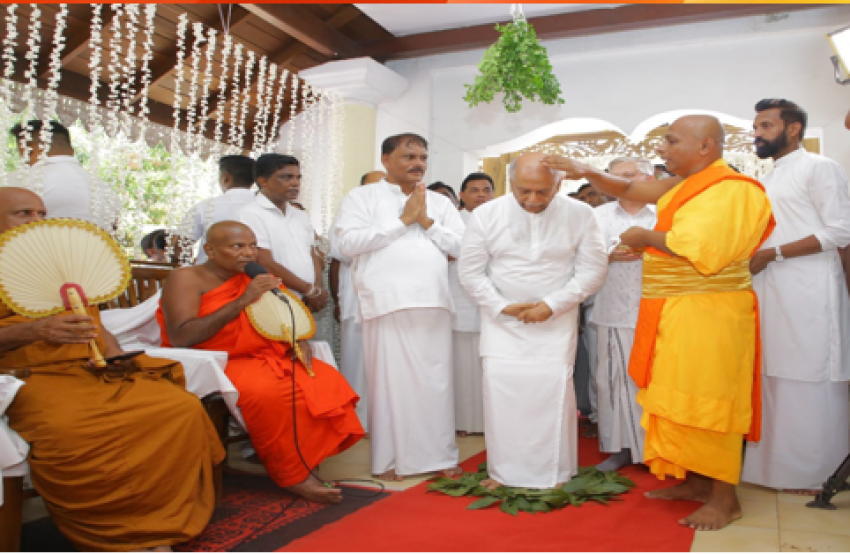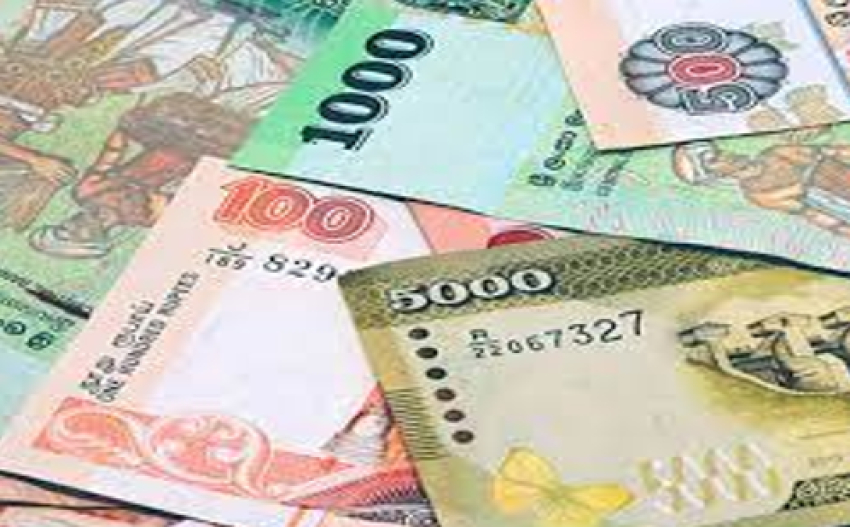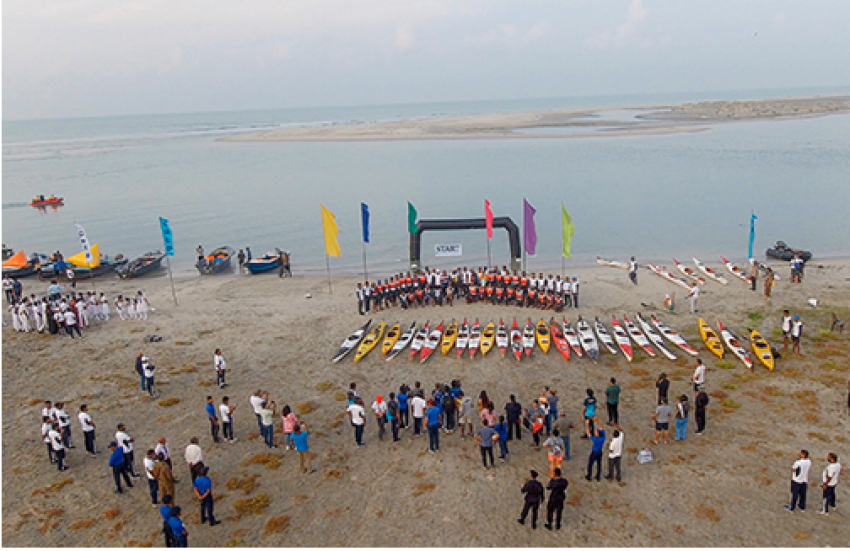This is in line with the government policy of not building any new coal power plants in the near future. The President has directed the CEB to target 70 percent of power generation to be from renewables by 2030.
With coal removed from the table, the PUCSL has approved “242MW of major hydro, 215MW of mini hydro, 1389 MW of solar, 1205MW of wind, 85MW of biomass, 4800 MW of natural gas, 330MW of furnace oil based power and 105MW of gas turbine power to be added to the electricity generation system in the next 20 years”. The Commission also hoped that in the next generation plan, the CEB would be able to increase the number of renewables to 60 percent of the mix, at present it stands at around 45 percent.
The CEB had earlier submitted three scenarios including the ‘coal scenario’ (base case or preferred option), ‘no coal scenario’ and the ‘limited coal scenario’.
“Subsequent to public consultations and our studies, we asked the CEB to submit more scenarios and they did and we chose to go with the ‘no coal’ scenario”, said the PUCSL, Director General, Damitha Kumarasinghe as he announced the regulatory body’s decision on the long term power generation plan for the country.
Kumarasinghe further explained that the two main considerations taken into account in their decision was the cost of fuel and that of externalities- the latter which the CEB had not taken into account in their own calculations.
The CEB has chosen to cost coal at USD 69 per metric ton based on Lanka Coal prices based on the average prices in the last two years and LNG was priced at USD 10 /MMBtu according to Japanese Crude Cocktail (JCC) prices.
The PUCSL however had chosen to base all fuel prices on index prices to get a more realistic value,
“With transportation and unloading costs, we costed coal to be USD 81 per metric ton (according to the Newcastle coal price index) and LNG to be 8.4$/MMBtu (JCC prices but similar to the recommendation by the Petroleum Resource Development Secretariat),” Kumarasinghe said. (CDN)




















